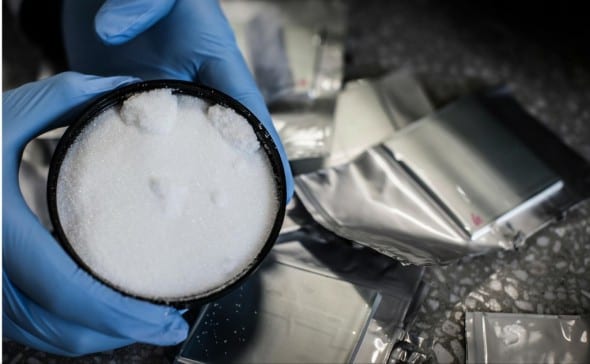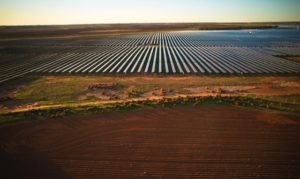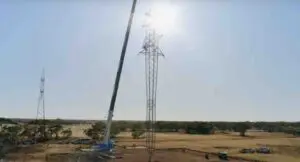Two new takes on renewable energy storage – a low-cost and modular sodium-ion battery, and a solar PV thermal energy storage system – have been awarded almost $5 million in funding from the Australian Renewable Energy Agency, as part of an effort boost Australia’s renewables integration, and develop low-cost alternatives to lithium-ion batteries.

The first, a $10.6 million University of Woollongong project, will develop a new sodium-ion battery architecture that is optimised for renewable energy storage, by building on the work of the Institute for Superconducting and Electronic Materials (ISEM).
To do this, the University will team with various other parties – including Sydney Water and Nano-Nouvelle – to develop and apply two different systems at two separate locations: a 5kWh battery at Illawarra Flame House, an award-winning net-zero energy home; and a 30kWh integrated battery and energy management system at Sydney Water’s Bondi Sewage Pumping Station.
The Sydney Water site will also include an energy management system, which will integrate and manage renewables generation, storage and consumption using intelligent algorithms and control strategies. It will also demonstrate the turn-key nature of the system and highlight the suitability of sodium-ion batteries for use on a utility scale.
Facilities at the ISEM, so far used to develop prototypes of the sodium-ion batteries, will also be upgraded and expanded to support the rapid development of the battery architecture.
The second project, led by the University of South Australia, will focus on the application of thermal storage systems, combined with solar PV, for the industrial and commercial refrigeration market.
To do this, the University will team with refrigeration company Glacier Cooling Technologies, to develop a new phase change material (PCM) aimed at reducing storage size and cost, and improving methods for charging and discharging.
The system will include technology that will forecast solar PV output and adapt the storage system to the thermal demand from the customer’s refrigeration needs, while also meeting contracted peak demand reduction targets.
The two projects were selected for funding by ARENA alongside seven others, announced in the agency’s latest funding round on Tuesday.
Speaking at the announcement, ARENA CEO Ivor Frischknecht pointed to the importance of developing new approaches to low-cost energy storage that would enable the rapid integration of renewable energy generation.
On the University of SA project, he said: “this is interesting – we’re actually storing energy in the form of thermal energy, as opposed to in the form of a battery, it’s much cheaper to store energy that way, but of course you need to have a use for that heat, for the cooling, in order to make it work.”
The University of Wollongong project, he said, would pilot “a new type of sodium battery that’s modular, the idea is very low-cost storage.”










